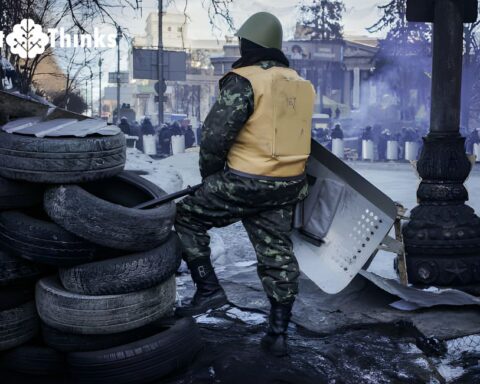Introduction:
“The Dark Knight,” directed by Christopher Nolan, is a film that transcends the boundaries of the superhero genre. Released in 2008 as the second installment in Nolan’s Batman trilogy, it stands as an enduring cinematic masterpiece, challenging conventions and redefining the possibilities of storytelling within the realm of caped crusaders and villains. With its complex characters, moral dilemmas, and Heath Ledger’s iconic portrayal of the Joker, “The Dark Knight” is more than just a superhero film; it is a narrative and visual triumph that continues to resonate with audiences.
Heath Ledger’s Joker: A Masterful Performance:
One of the most indelible aspects of “The Dark Knight” is Heath Ledger’s unforgettable portrayal of the Joker. His interpretation of the character is a tour de force in acting, a breathtaking descent into madness that leaves an indelible mark on cinematic history. Ledger’s Joker is a symbol of chaos, anarchy, and an absolute lack of a moral compass. His dedication to the role, commitment to understanding the character’s psychology, and the sheer intensity of his performance earned him posthumous accolades, including the Academy Award for Best Supporting Actor.
Moral Complexity and the Hero-Villain Duality:
At the heart of “The Dark Knight” lies a profound exploration of moral complexity. Batman, played by Christian Bale, represents the traditional archetype of the hero, but he is faced with moral dilemmas that test his commitment to justice and his own moral code. The Joker, on the other hand, revels in chaos and challenges Batman’s belief in the inherent goodness of people. The film blurs the lines between hero and villain, compelling the audience to confront the shades of gray that exist in the real world. It underscores that true heroism is not immune to the corrupting influence of chaos and despair.
“The Dark Knight” masterfully weaves themes of chaos and anarchy into the narrative. The Joker’s unpredictability and his disregard for human life throw Gotham City into turmoil, creating a pervasive atmosphere of fear. In a post-9/11 world, the film’s exploration of terror and the moral cost of security resonates deeply with audiences, reflecting the contemporary anxieties of its time.
Impact on the Superhero Genre:
“The Dark Knight” had a profound impact on the superhero genre. Christopher Nolan’s emphasis on realism, character development, and psychological depth influenced the way subsequent superhero films were crafted. It set a new standard for storytelling within the genre, encouraging filmmakers to explore deeper, more complex narratives in a world of heroes and villains.
Conclusion:
“The Dark Knight” is not merely a superhero film; it is a cinematic work of art. It challenges conventions, pushing the boundaries of storytelling and character development. Heath Ledger’s portrayal of the Joker remains iconic, a testament to his immense talent. The film’s exploration of morality, chaos, and heroism continues to captivate audiences, leaving a lasting legacy in the world of cinema. “The Dark Knight” reminds us that even in a world marked by darkness and chaos, heroism and hope can emerge, transcending the confines of fiction to reflect the complexities of our own world.






